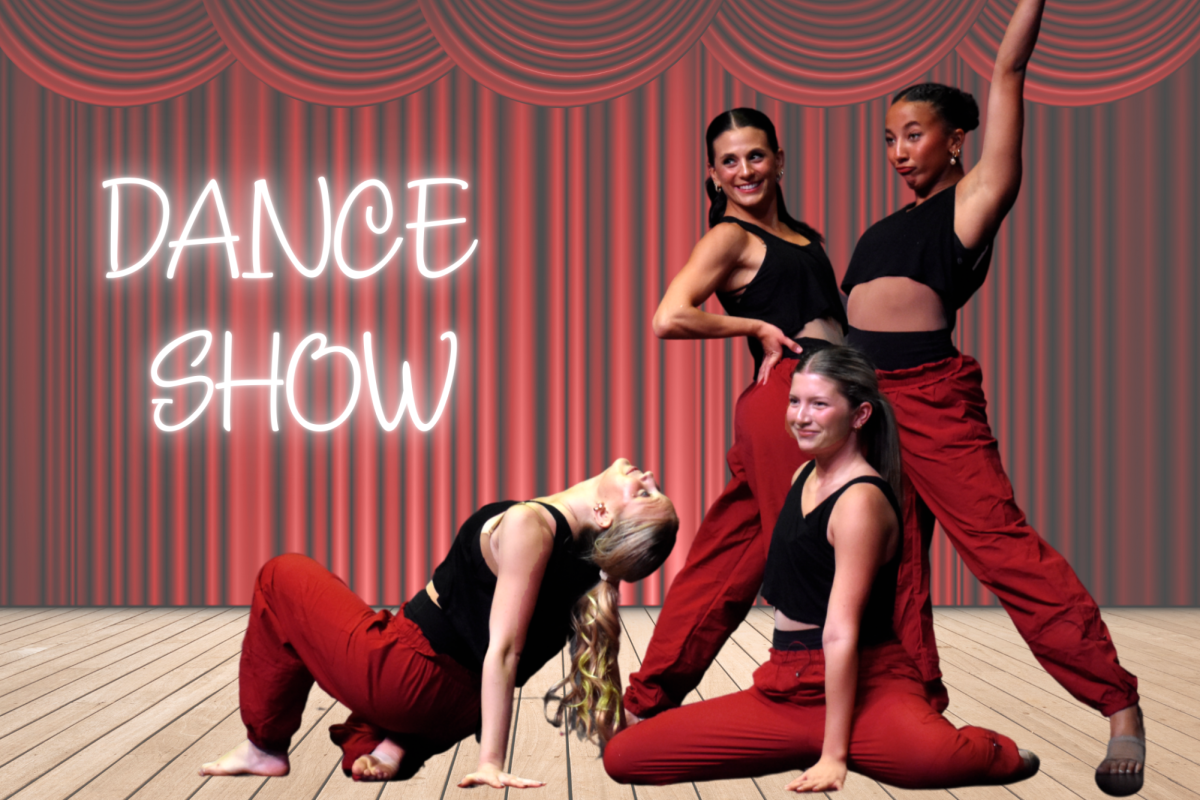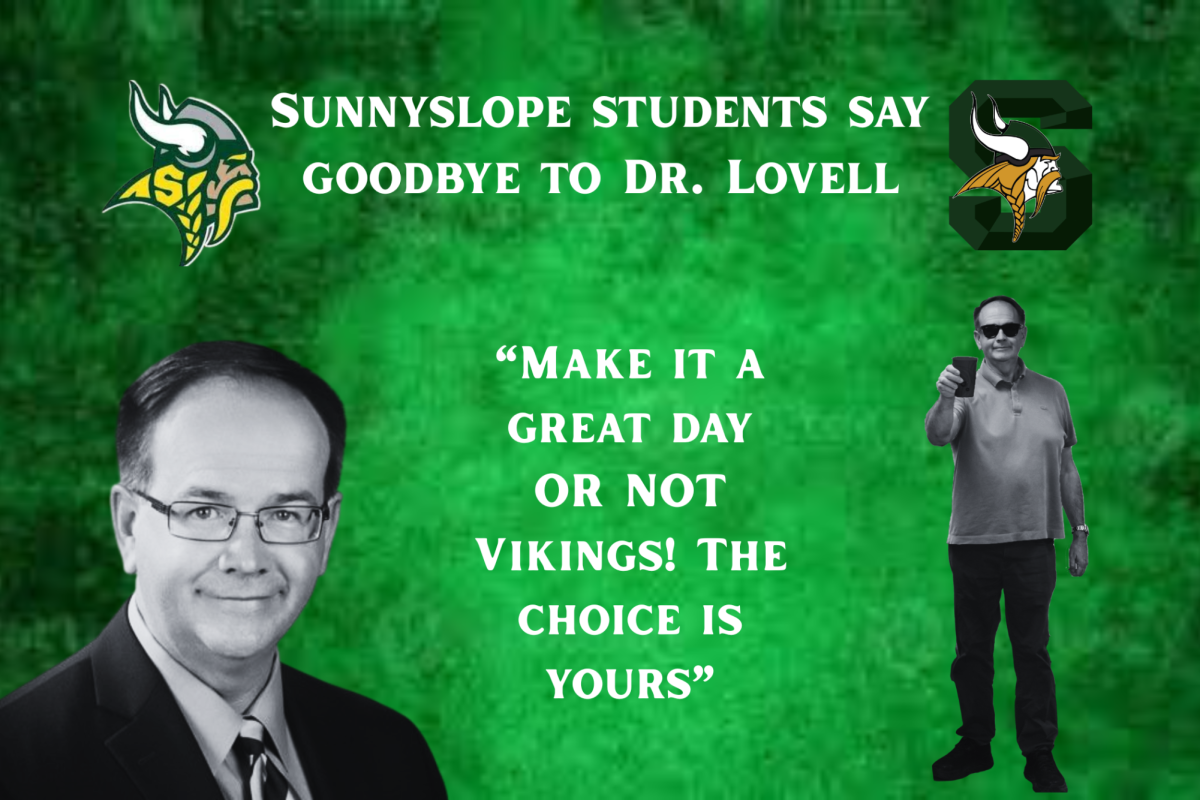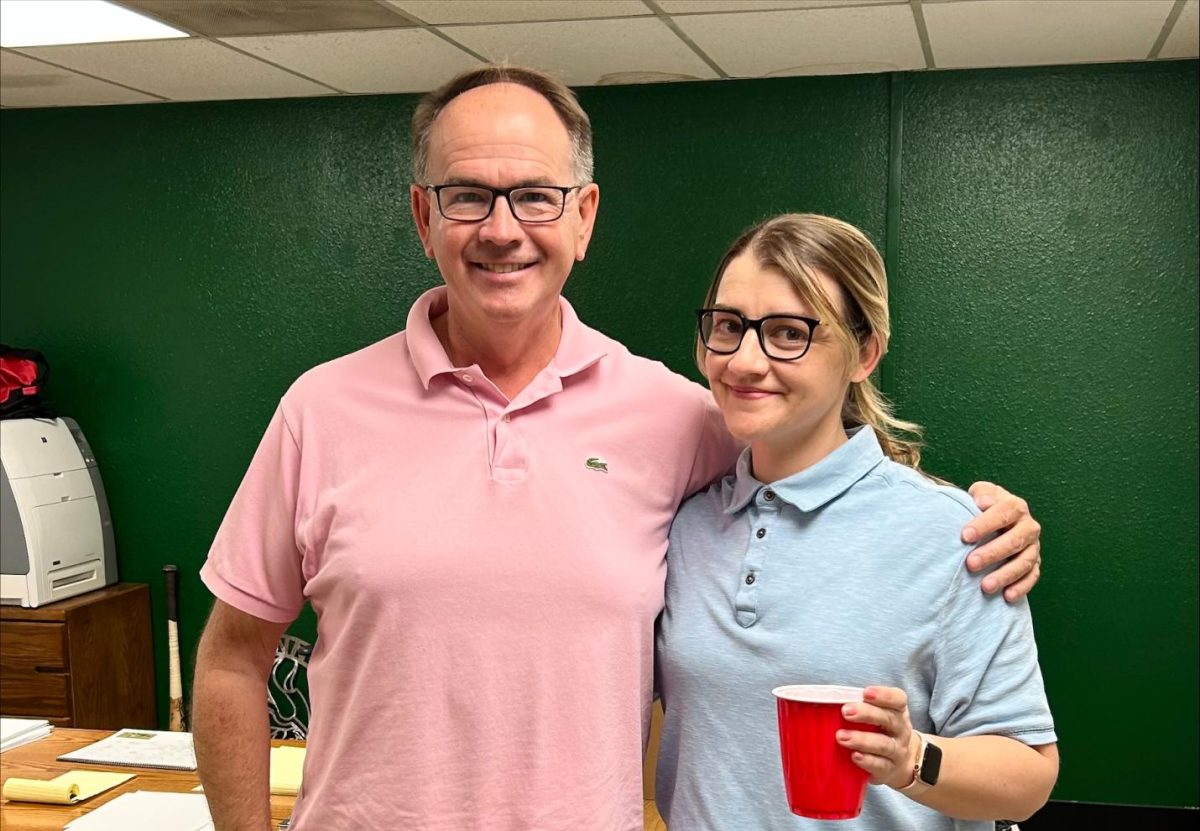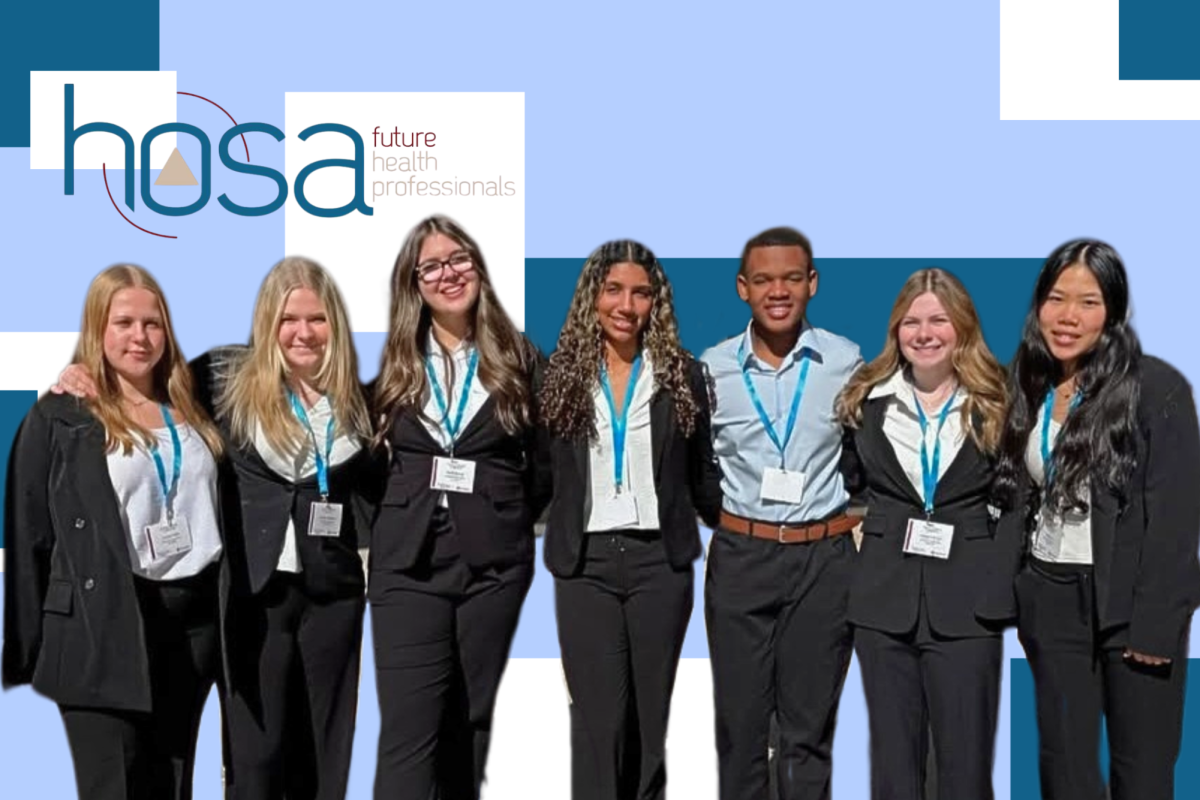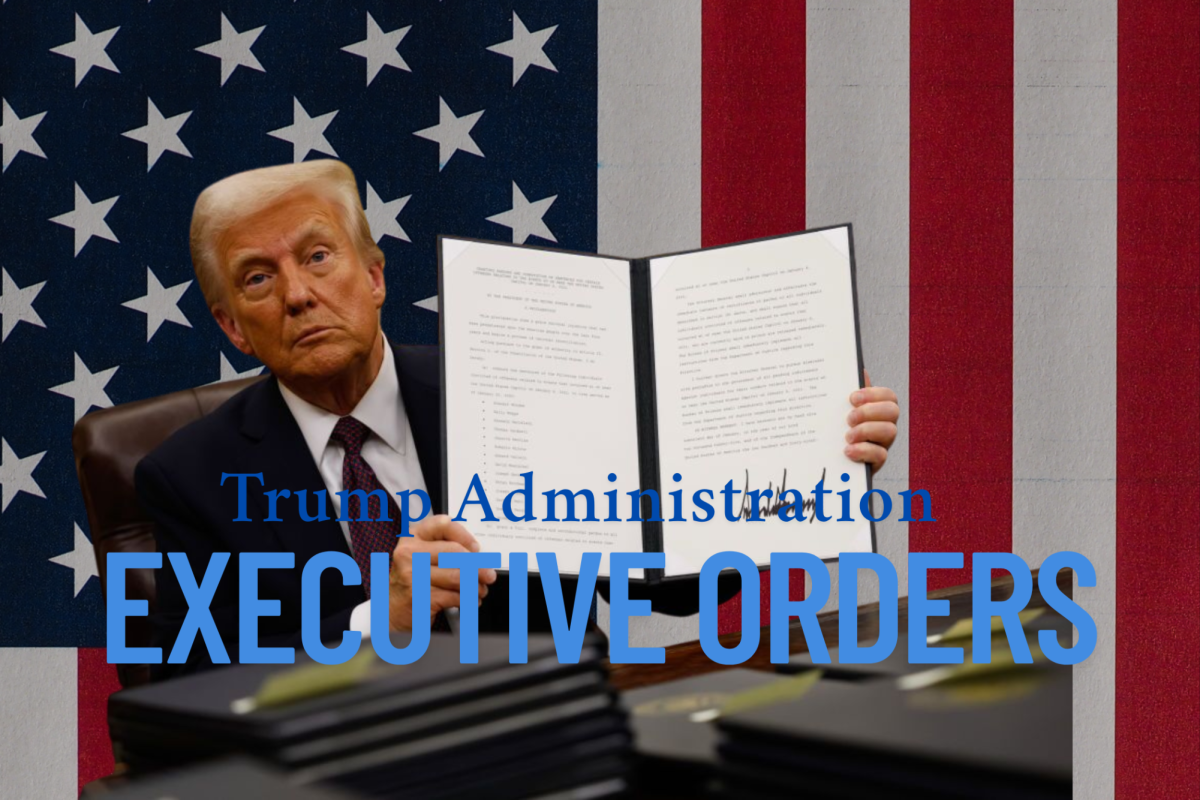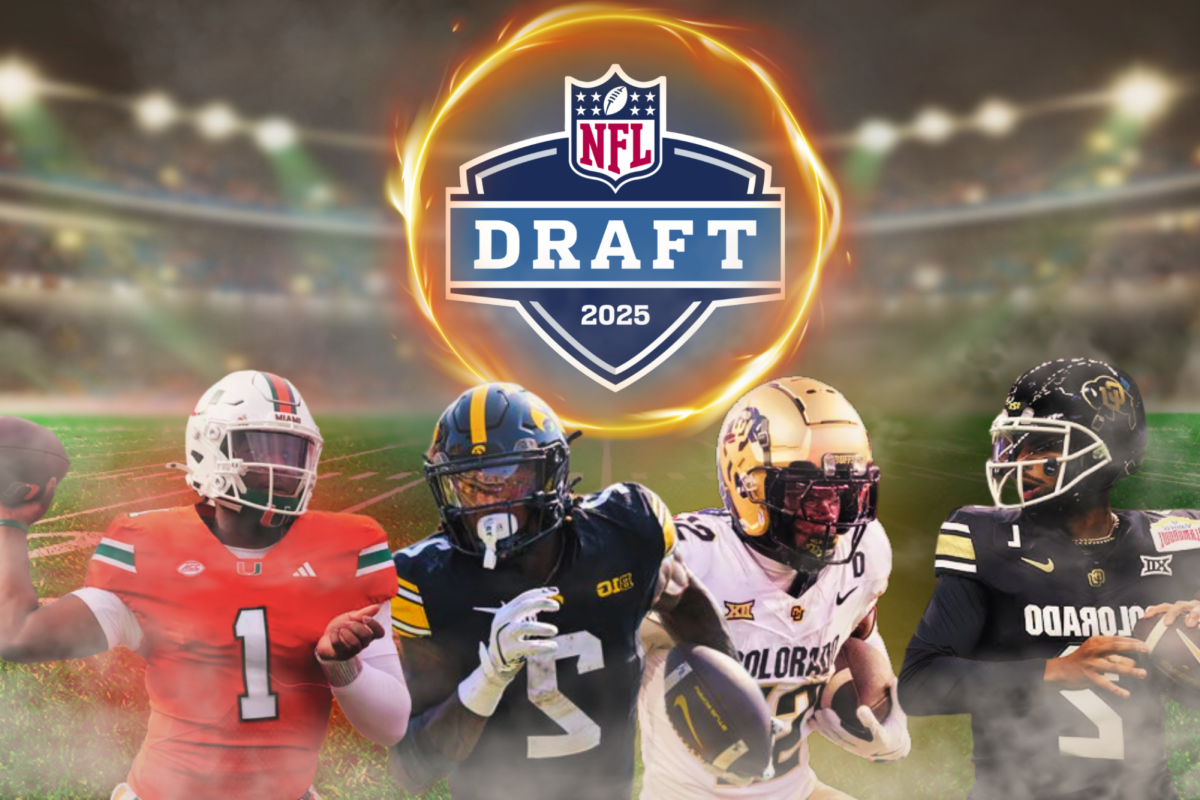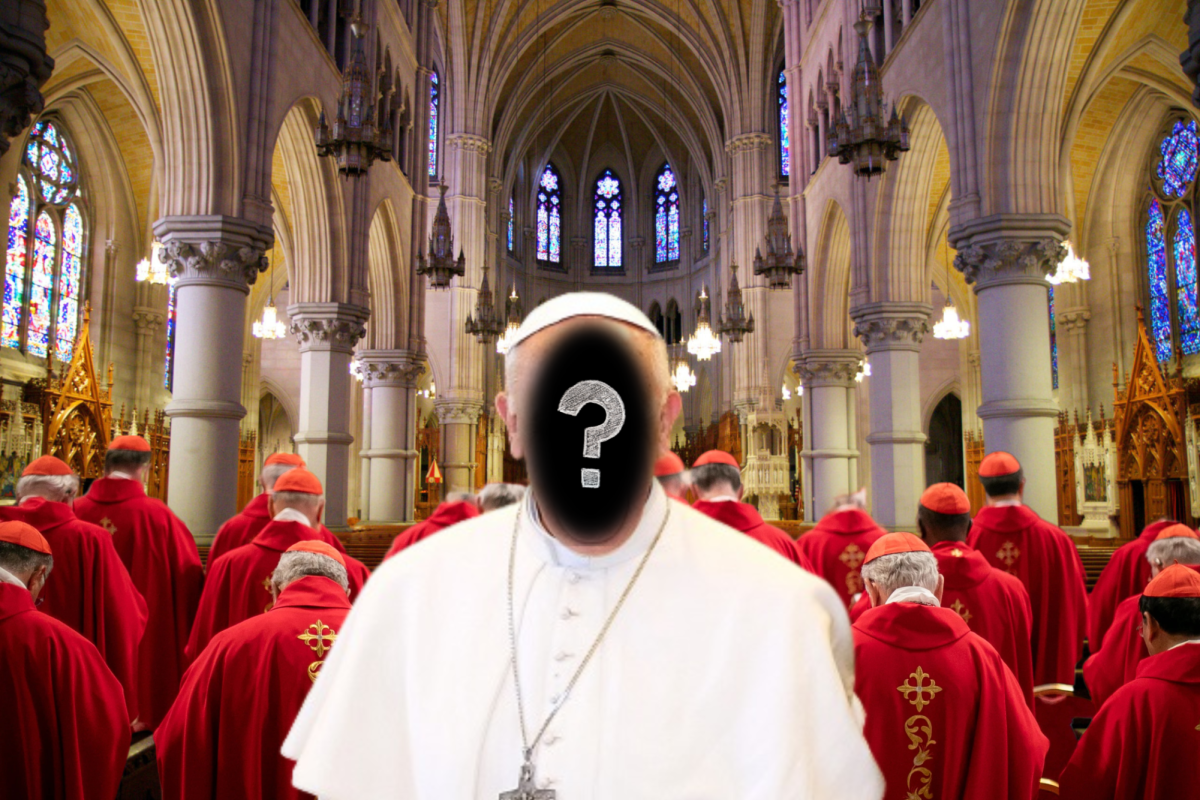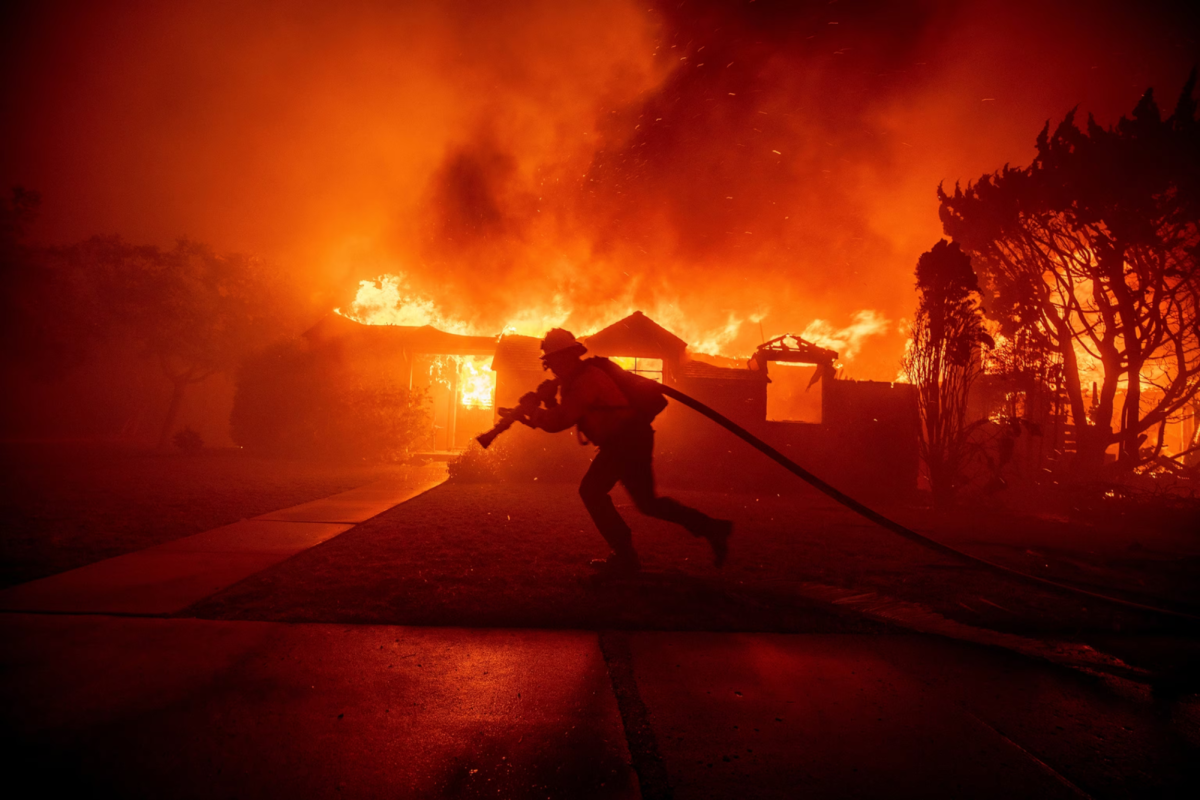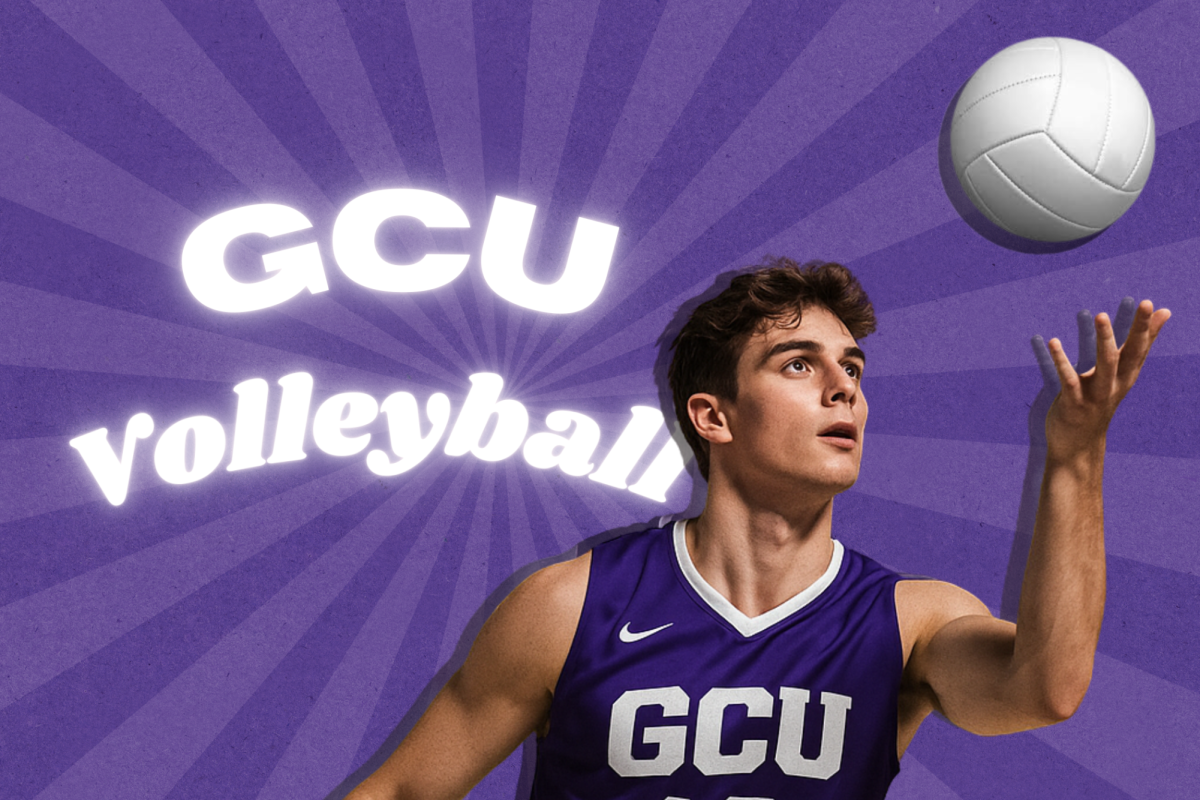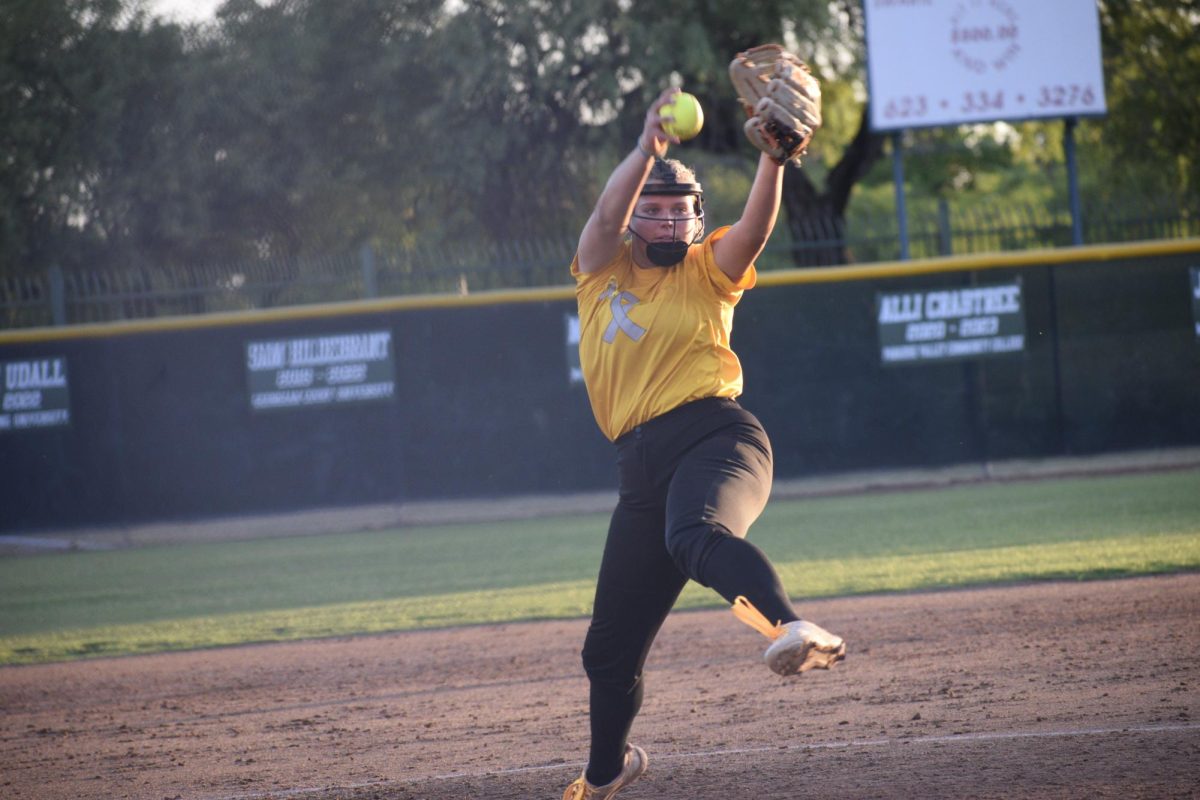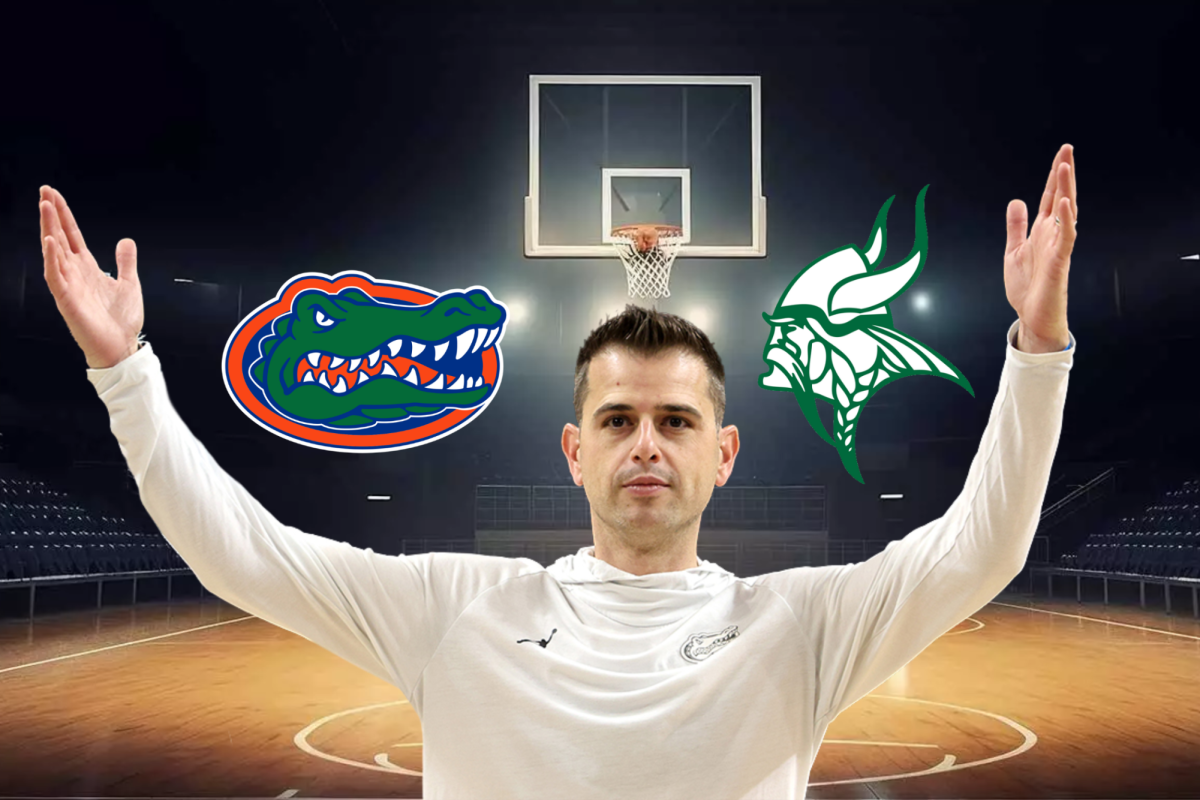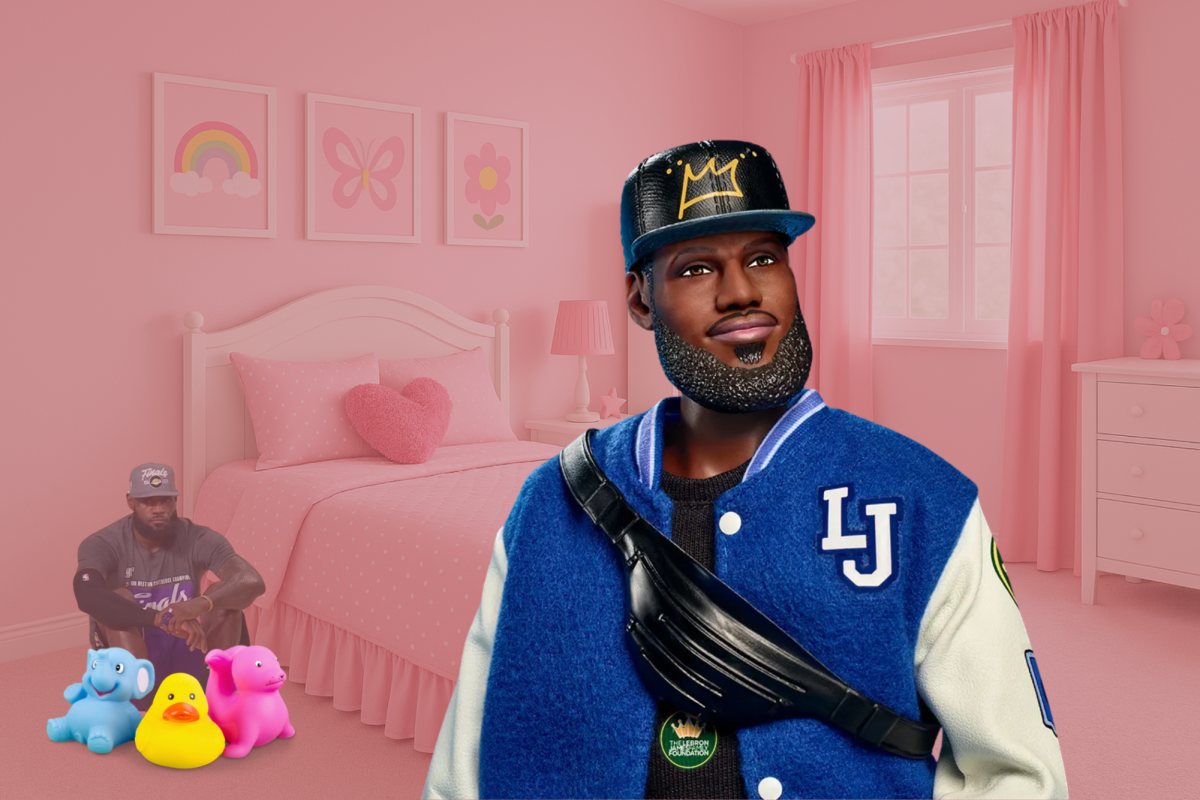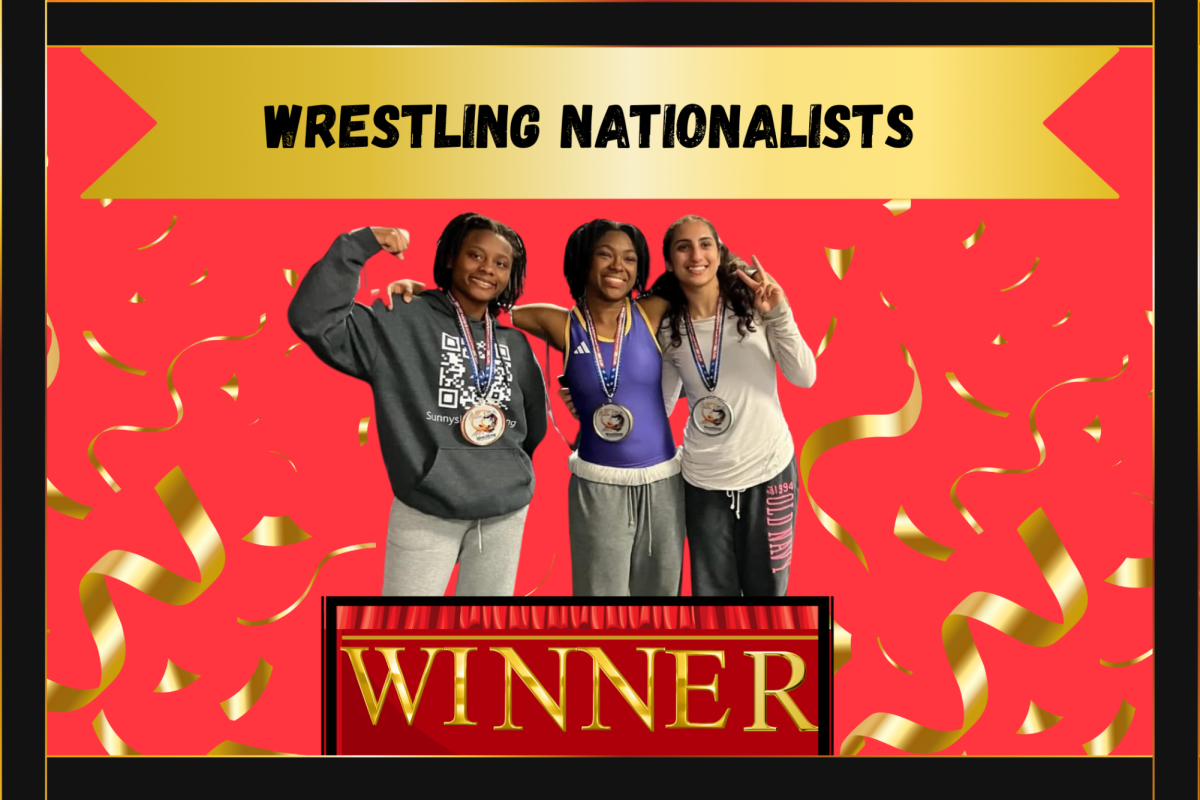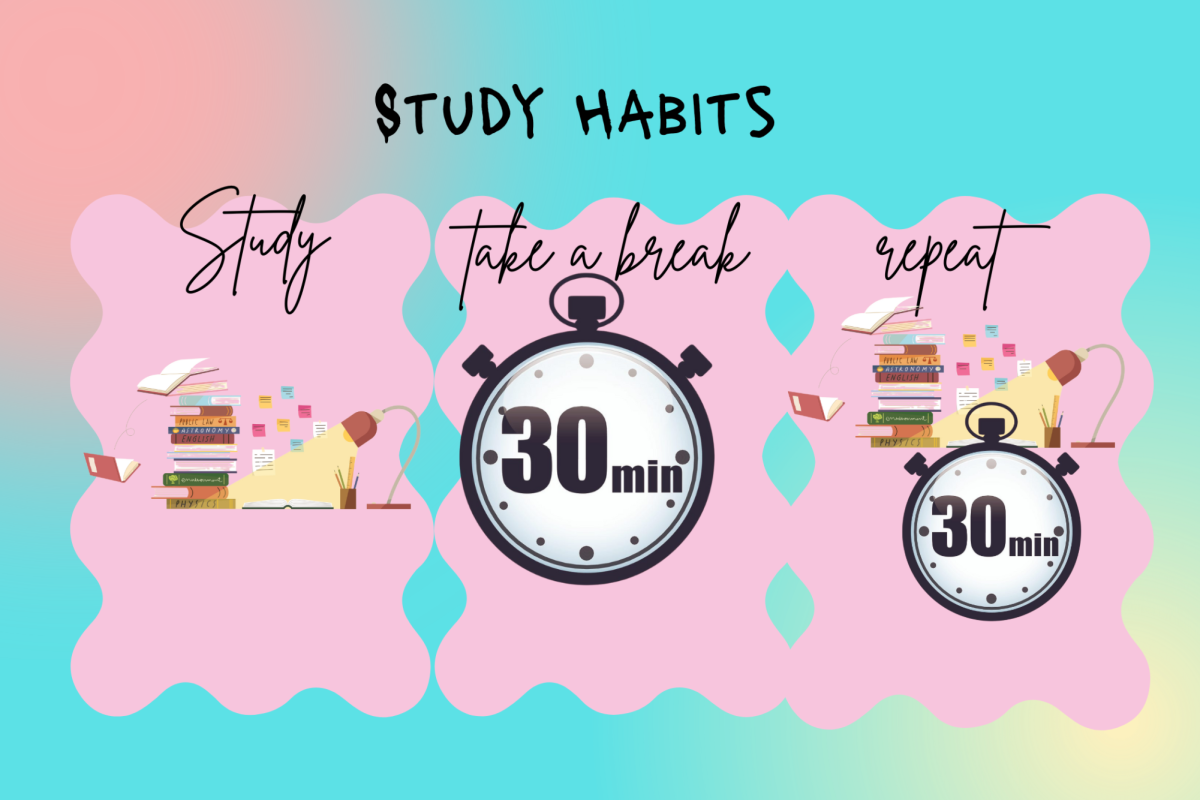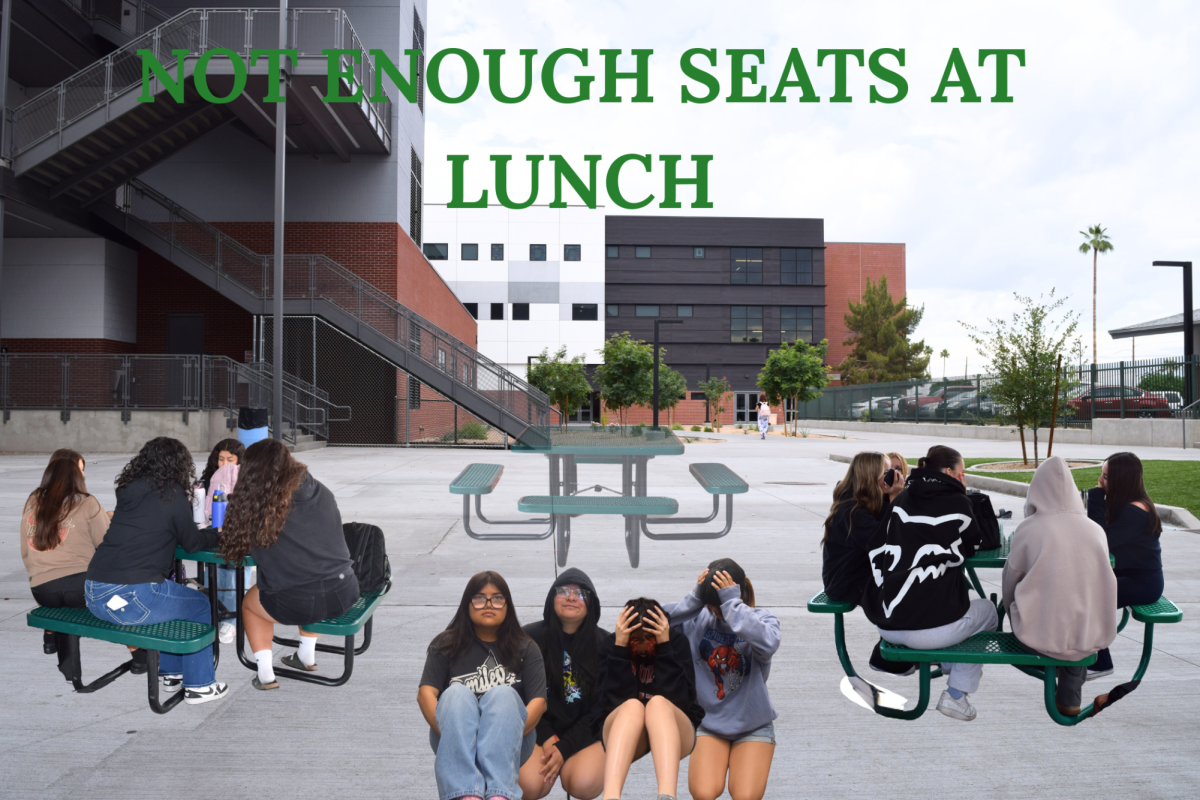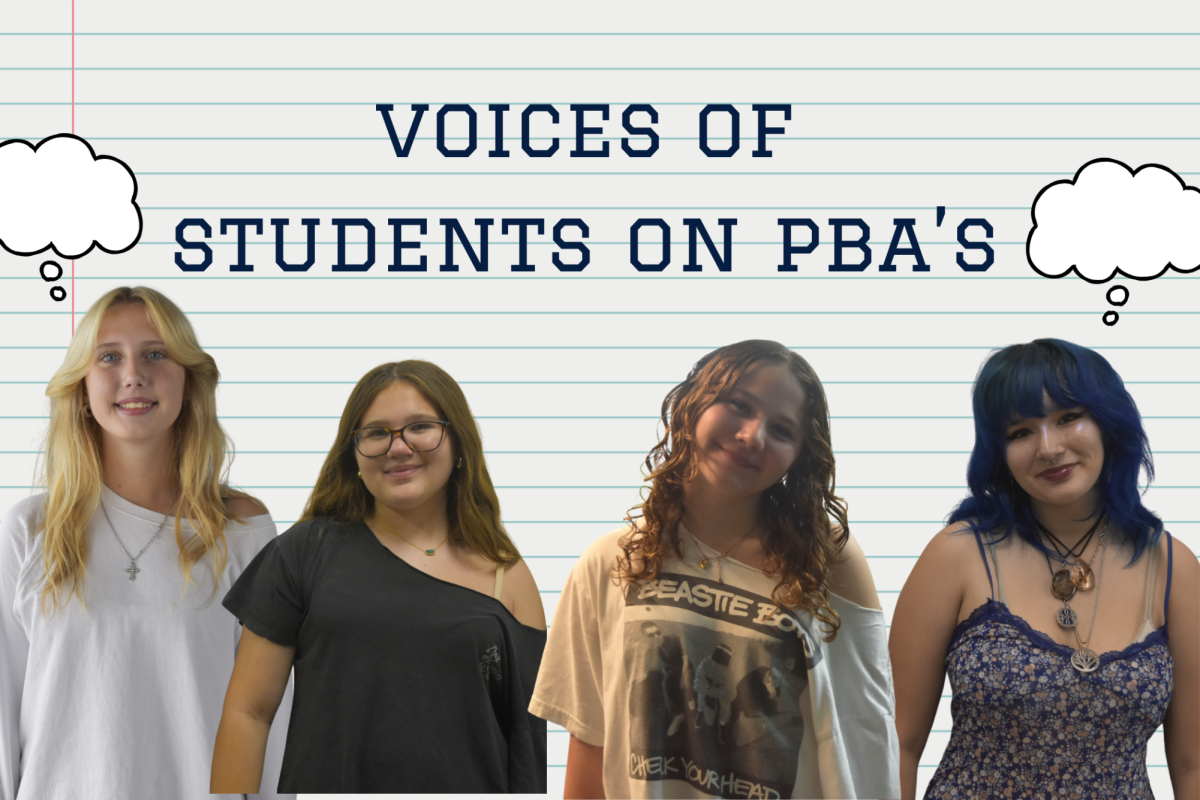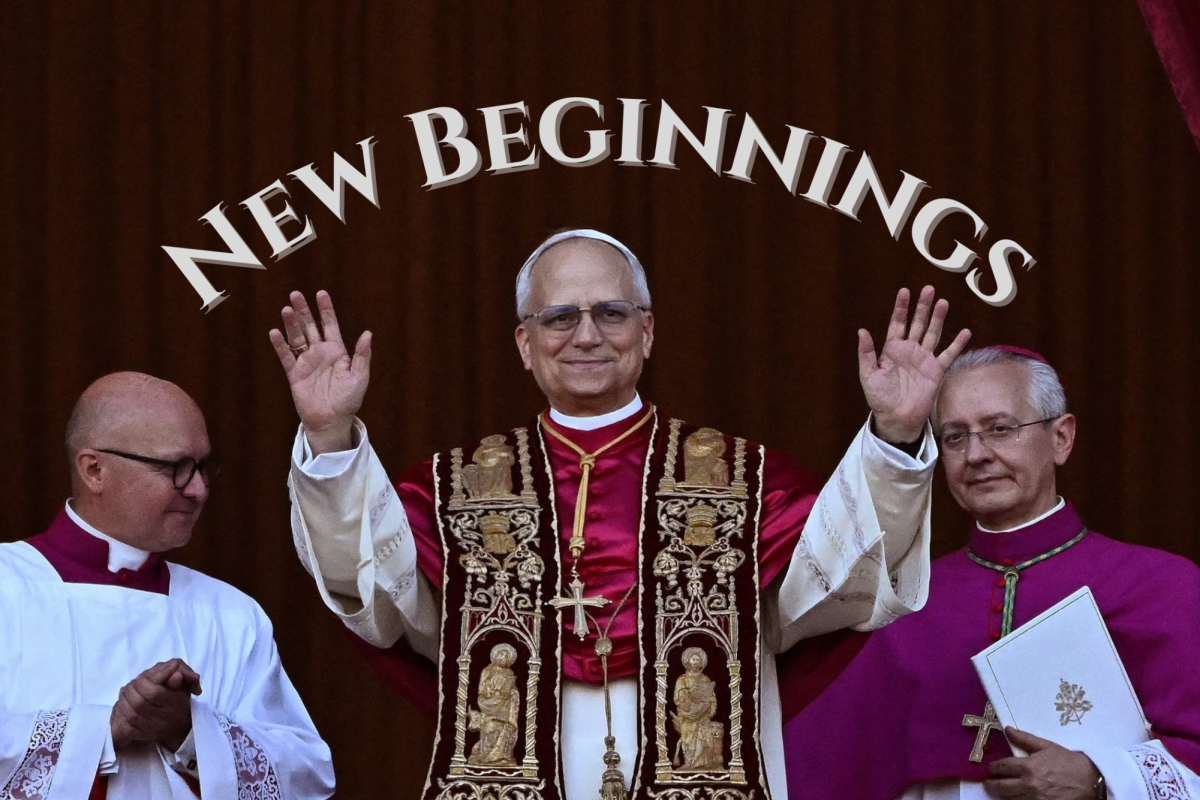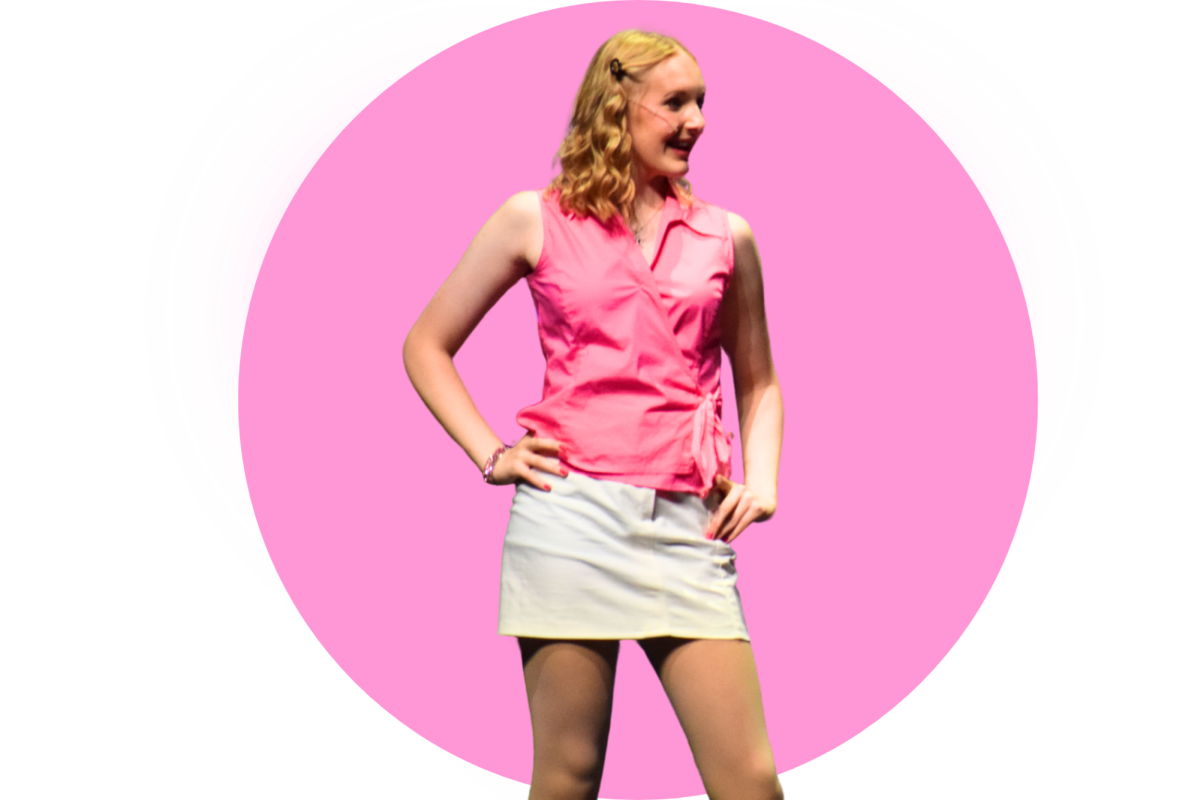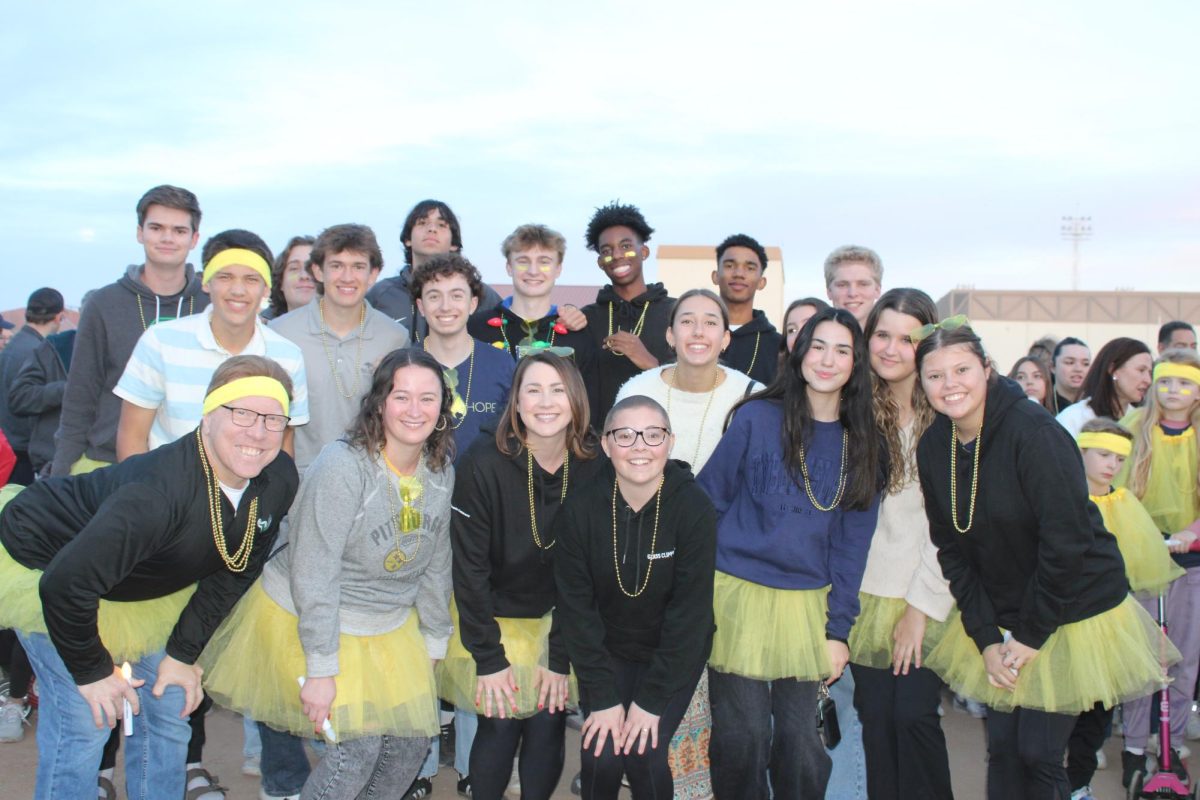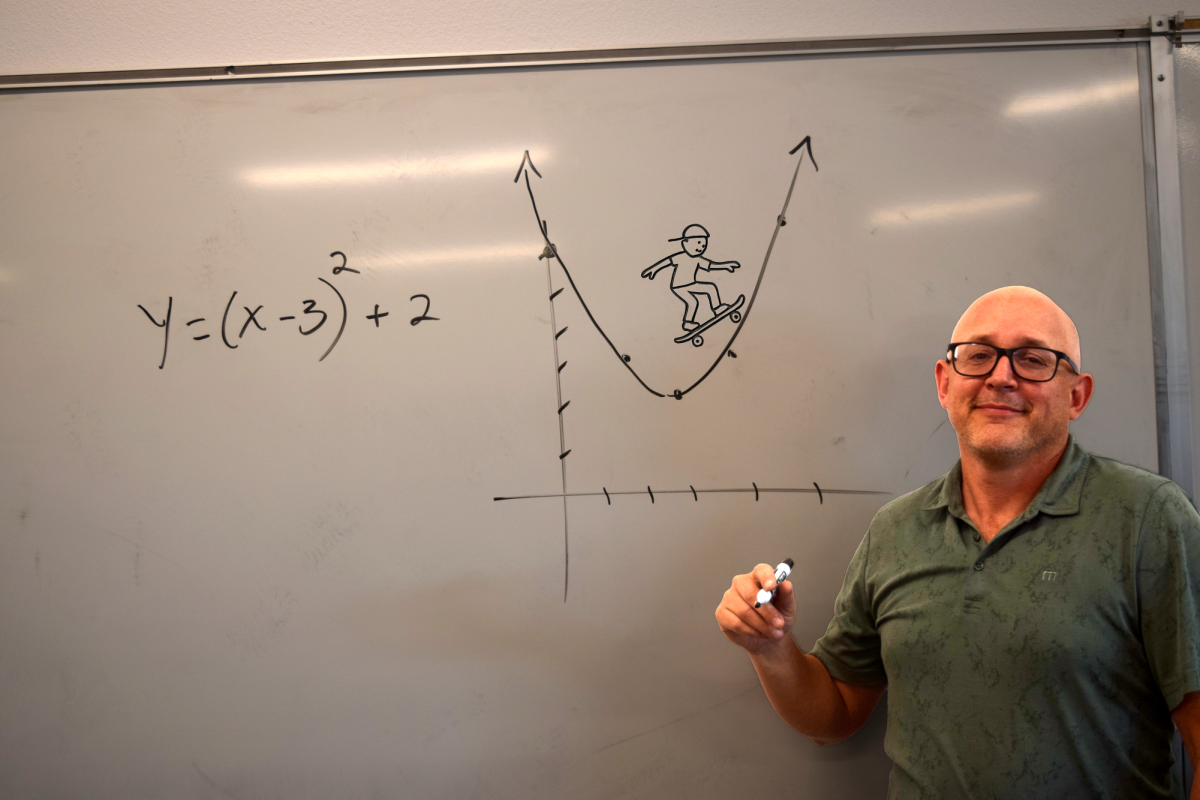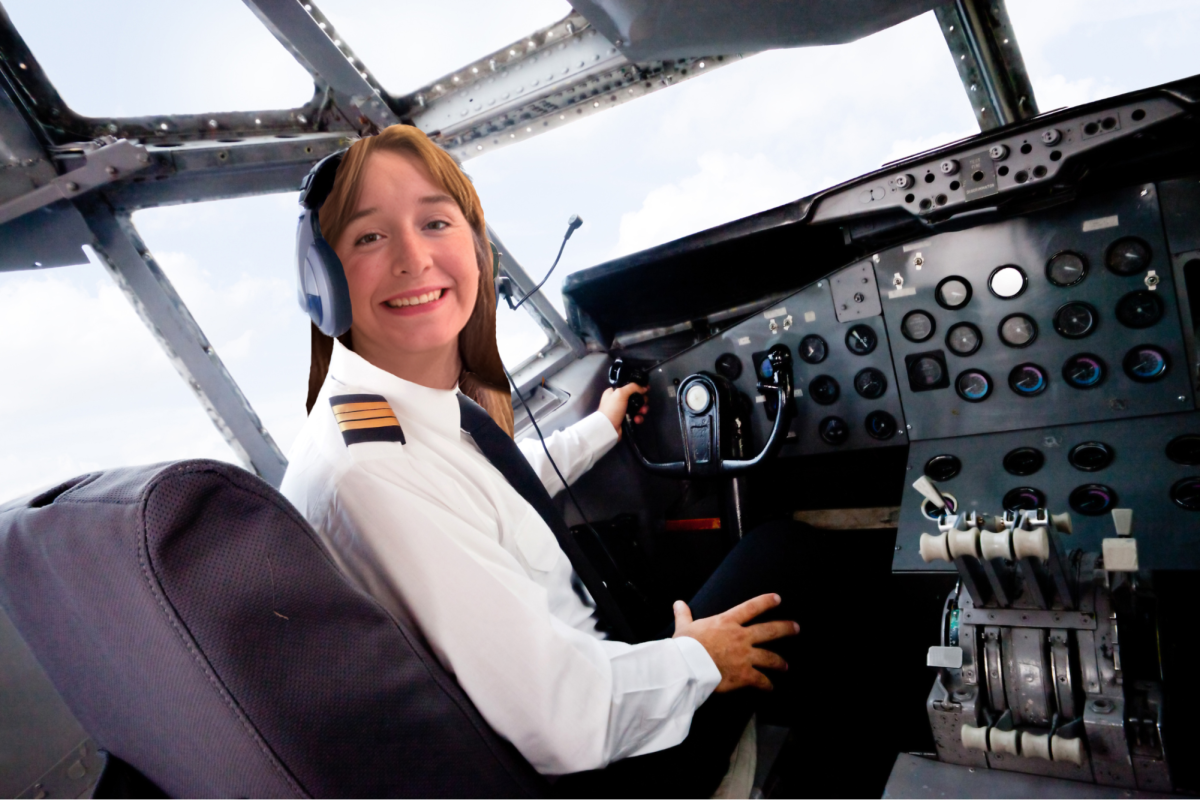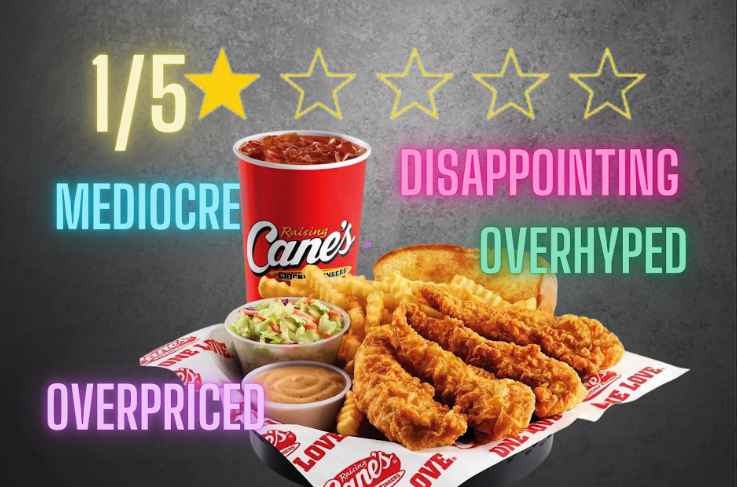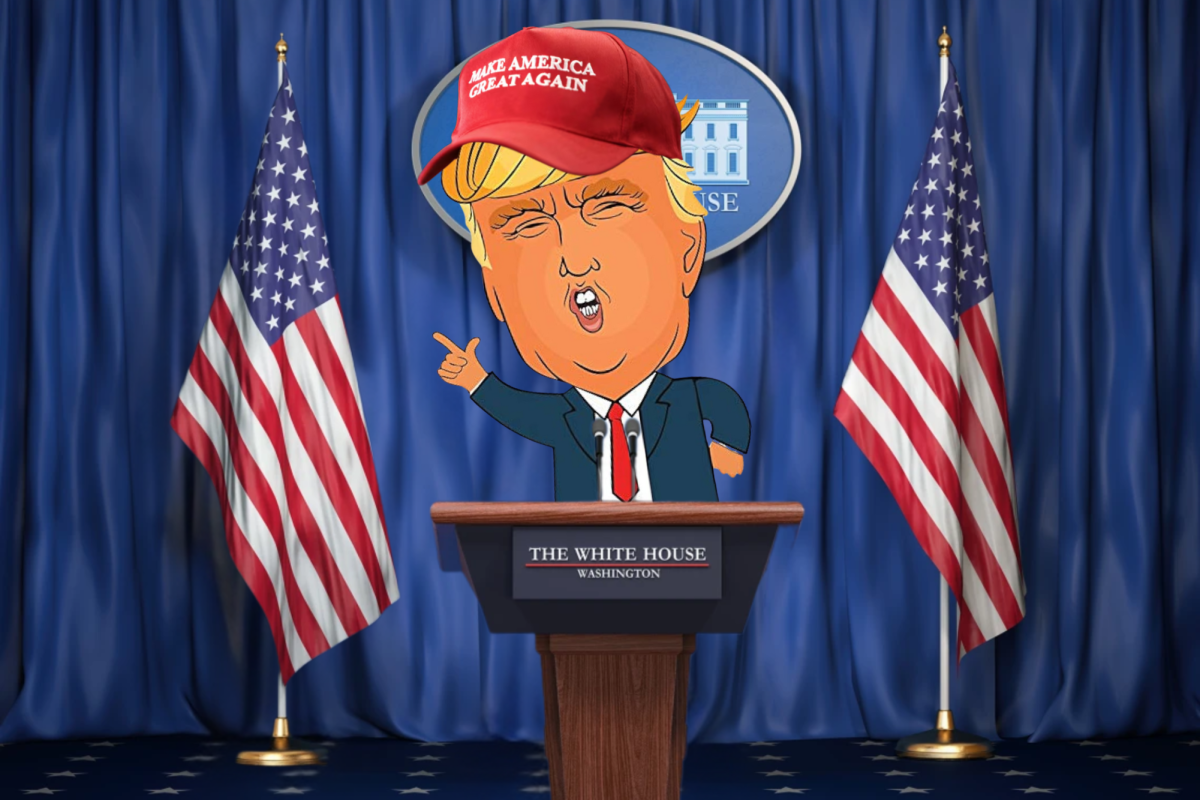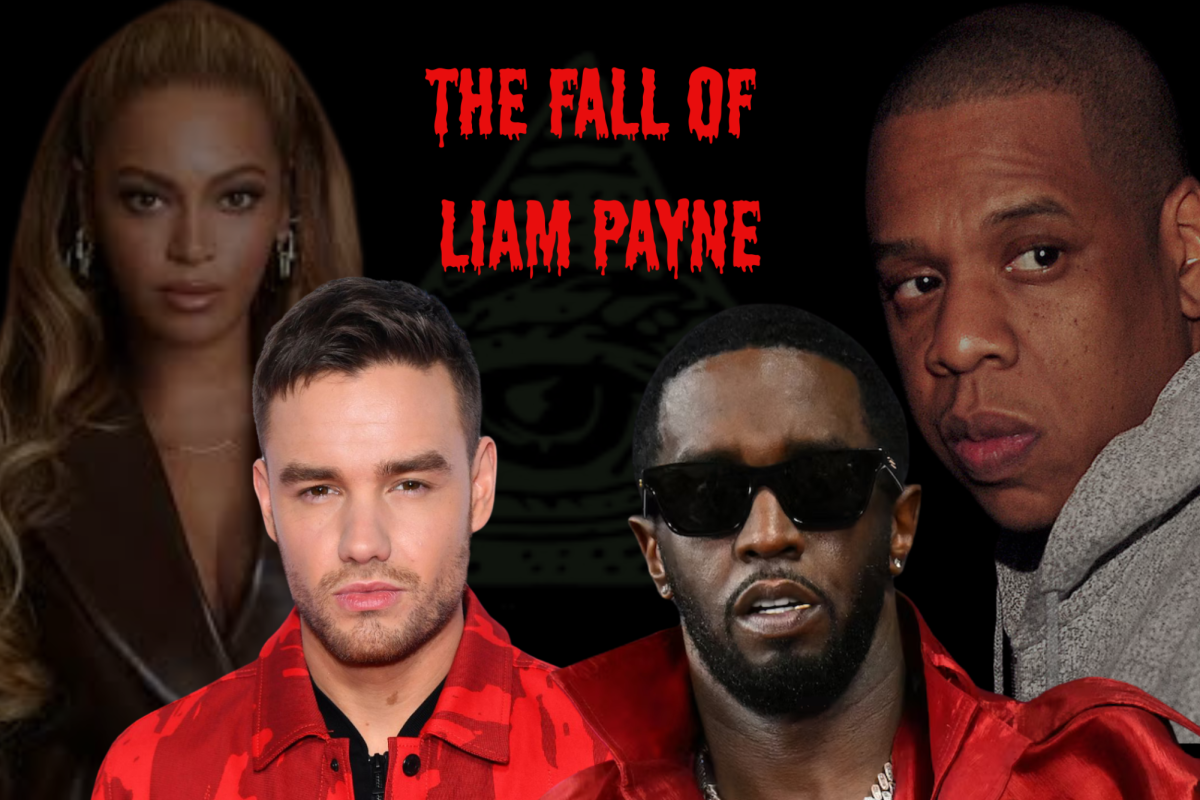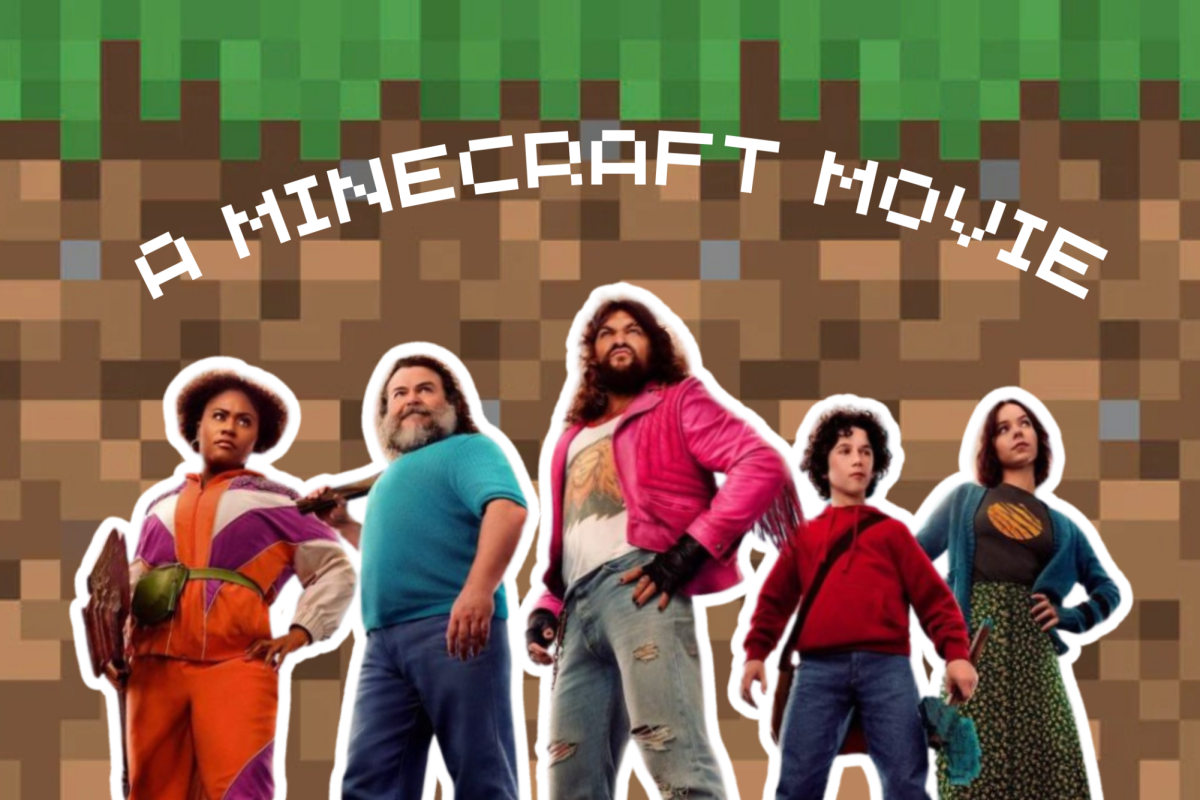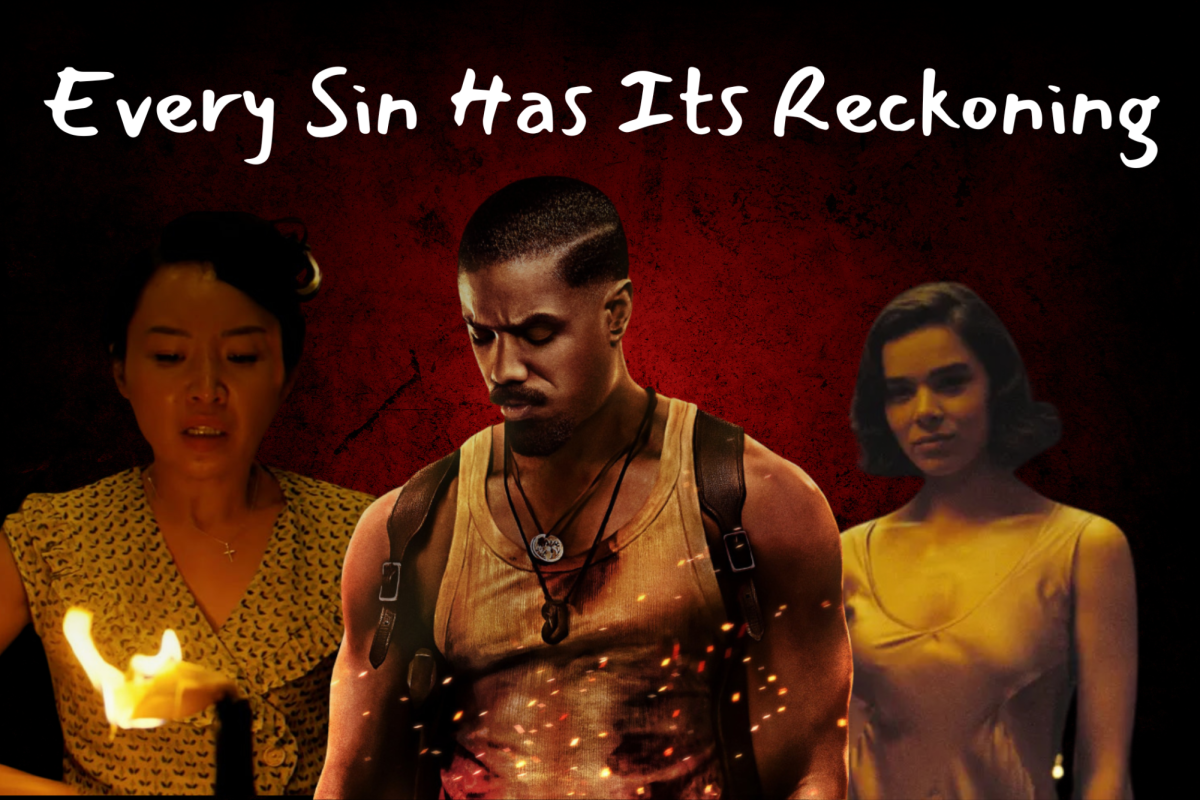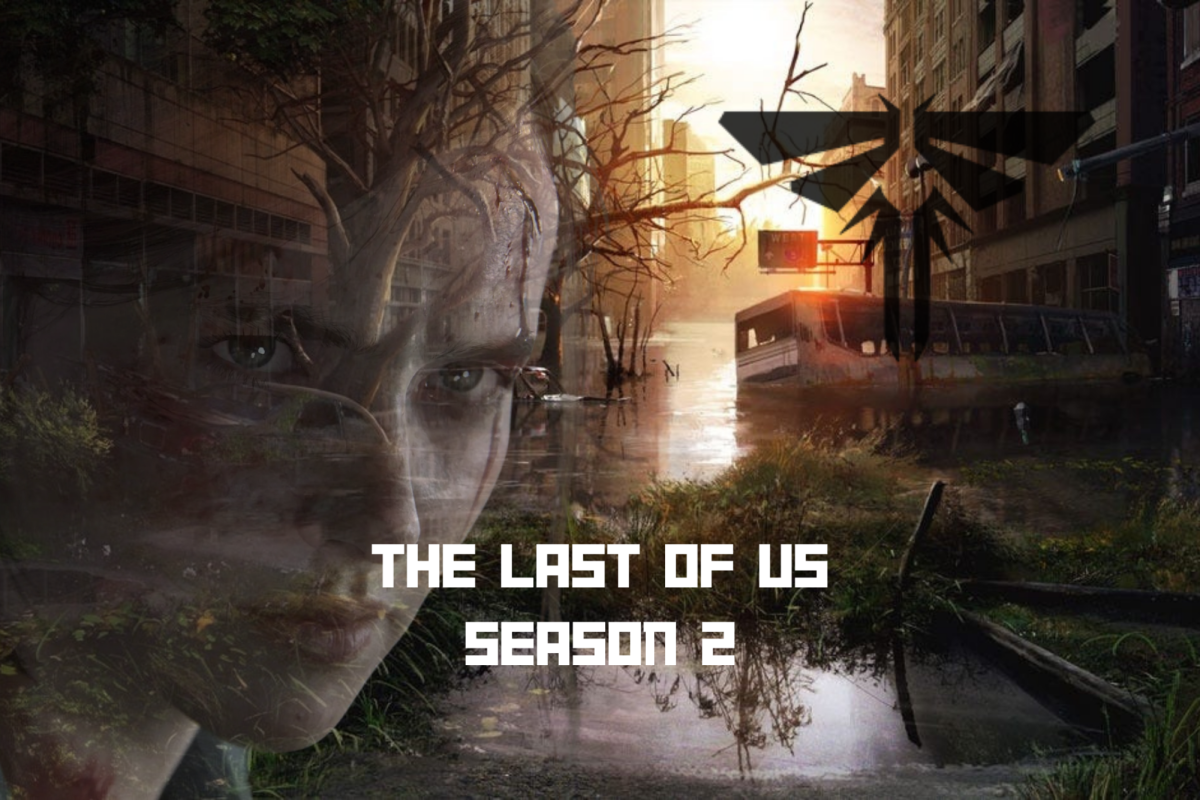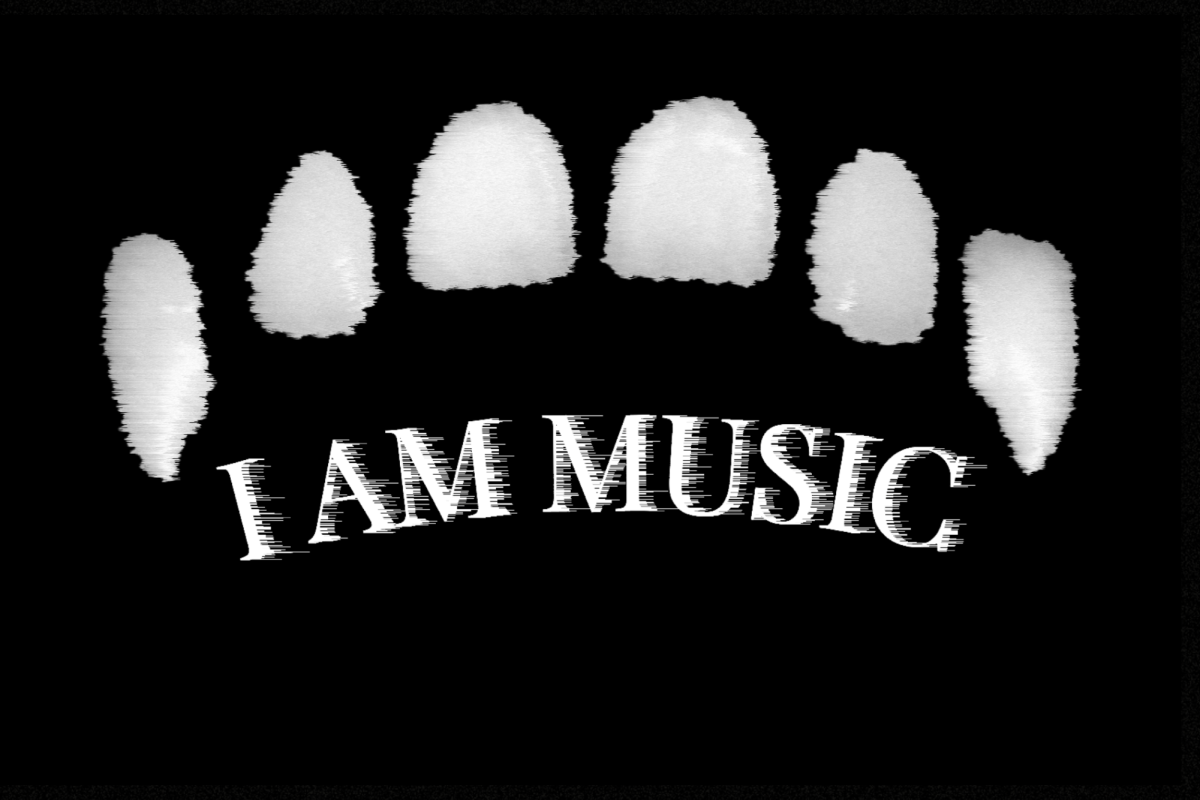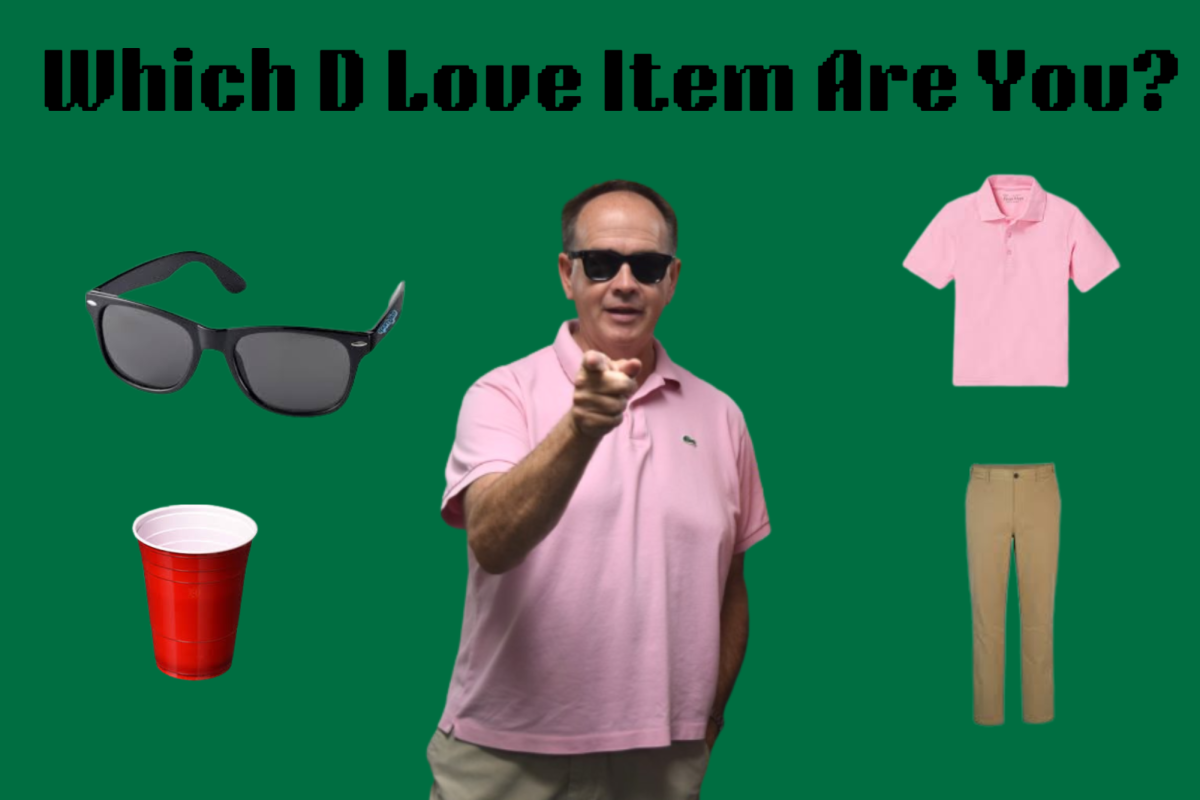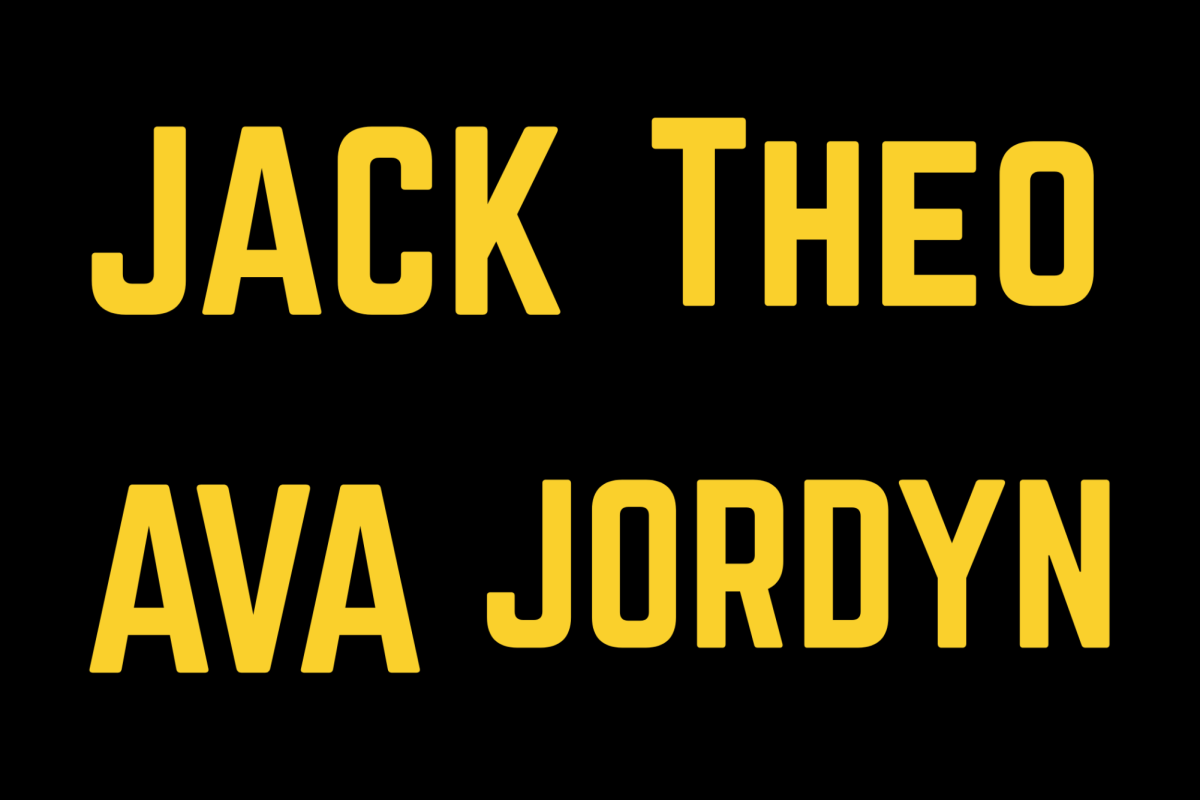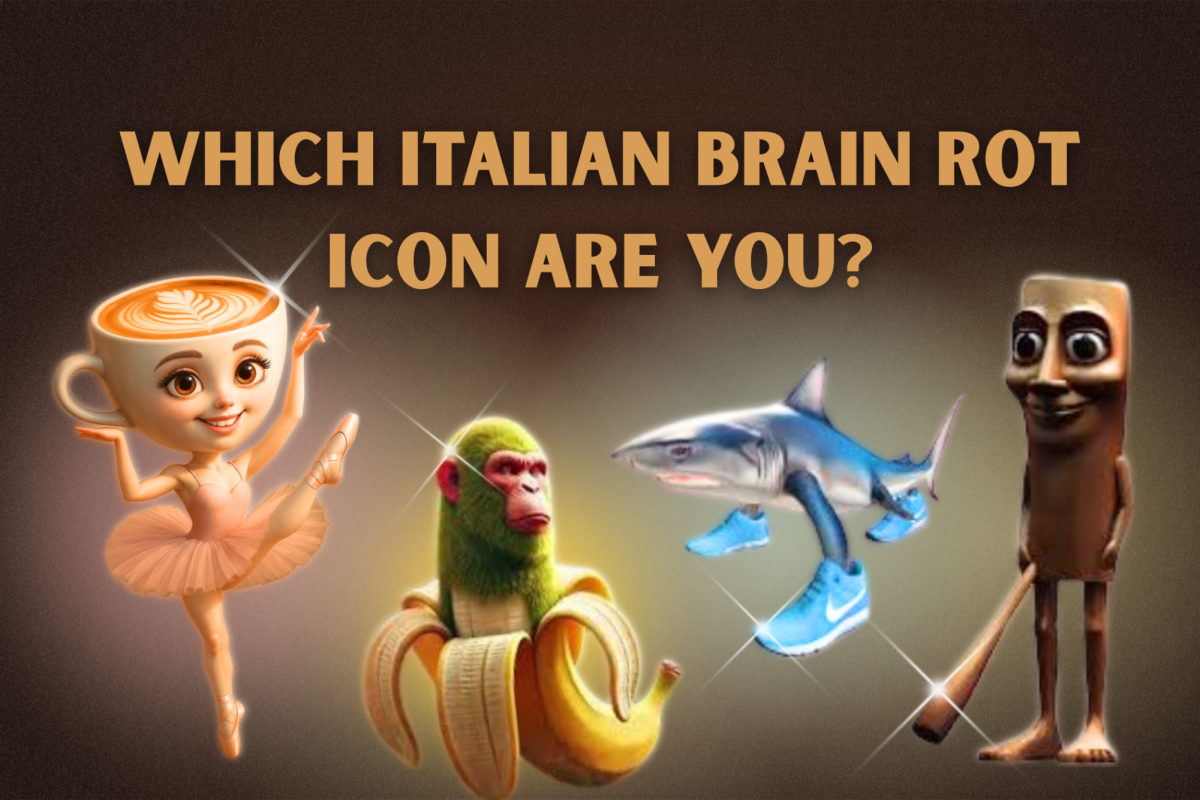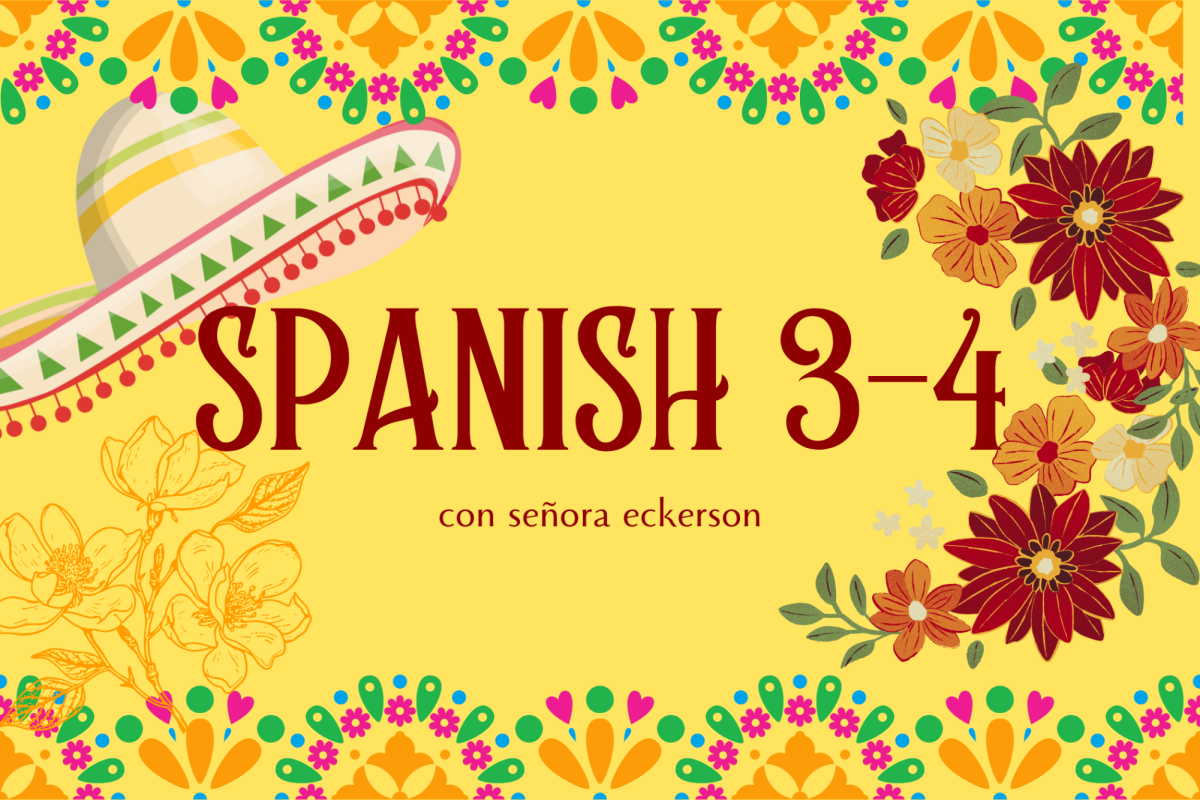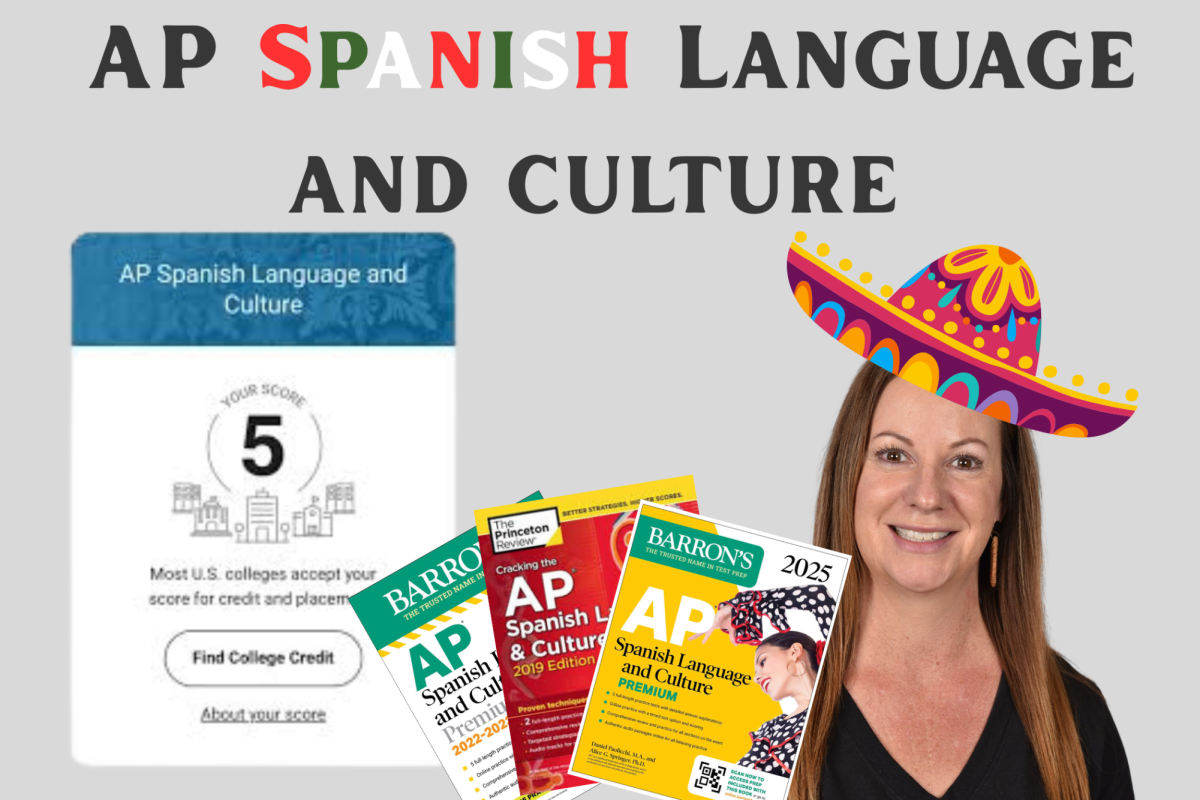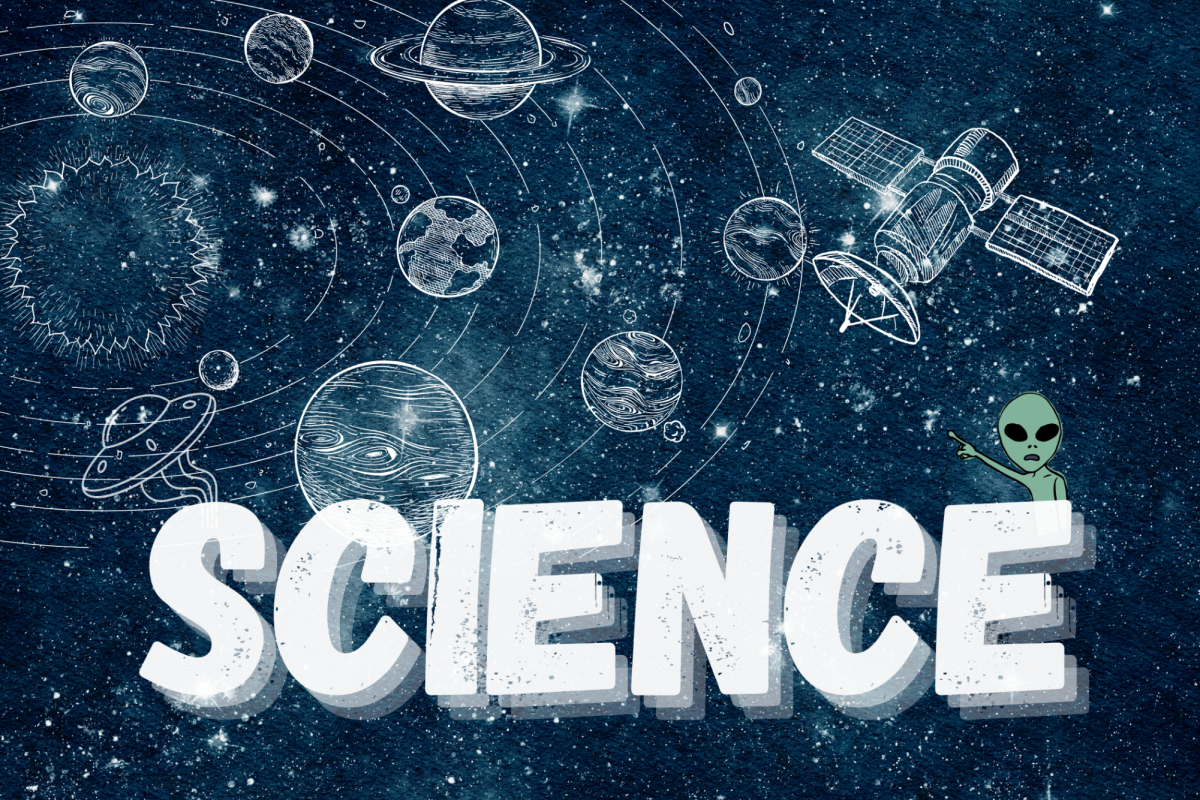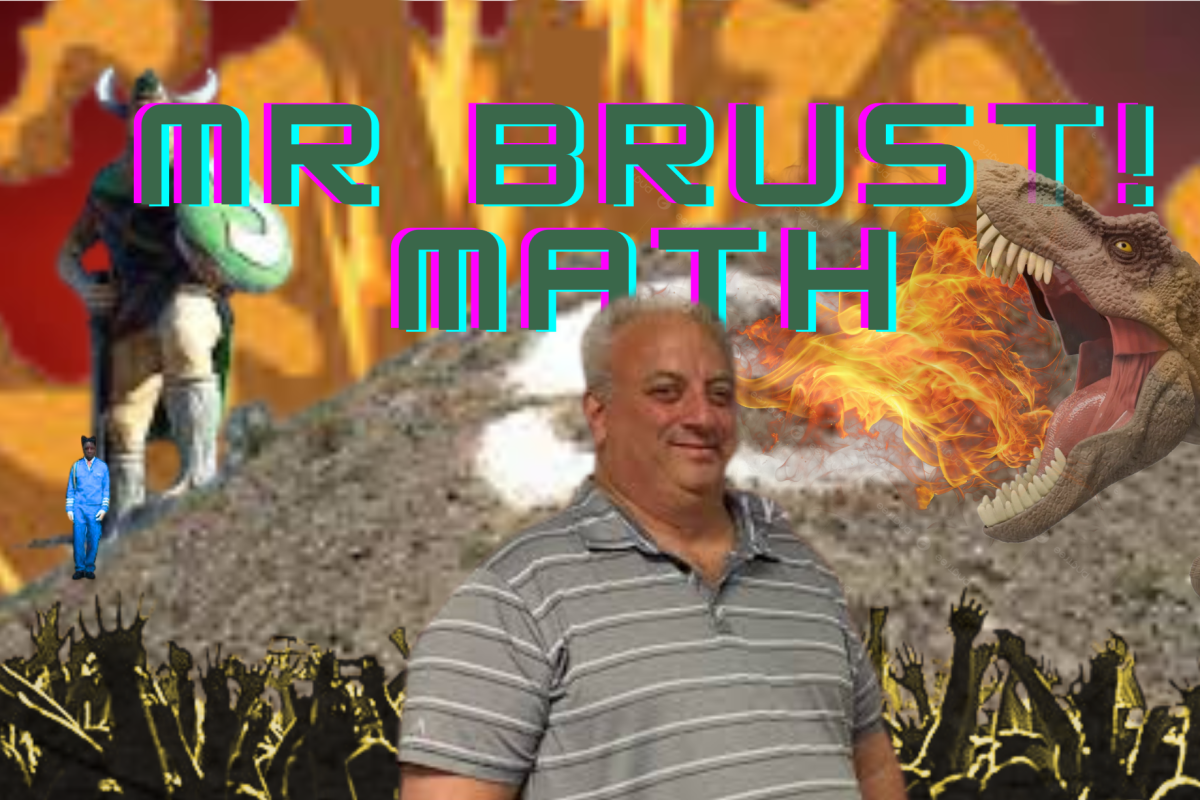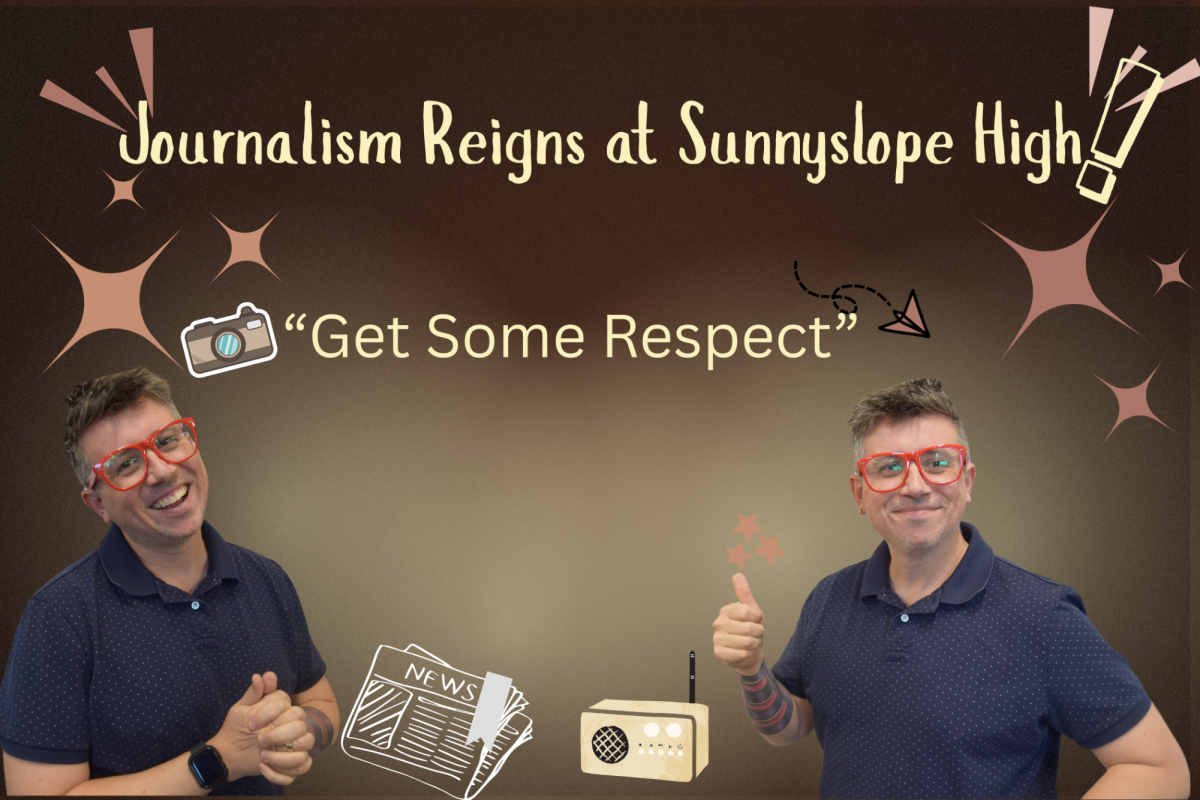Pope Francis died on Easter Monday in his residence in Vatican City due to a stroke according to Vatican Doctor Andrea Arcangeli.
After battling a long bout of pneumonia, Pope Francis finally suffered a stroke and then heart failure, leading to the Catholic Church beginning the historic process of electing a new Supreme Pontiff, beginning on May 7 with the start of the Conclave.
“After Pope Francis’s funeral, 135 cardinals will gather for a conclave to elect a new Pope. The traditions include an oath of secrecy, paper ballots, and white smoke from the chimney of the Sistine Chapel,” stated Reporters Elizabeth Povoledo and McKinnon de Kuyper.
Cardinals, who are highly-ranked figures in the Catholic Church, usually elect one of their own to the office.
USA Today’s John Bacon said, “Some of the names frequently mentioned as candidates to succeed Francis include Cardinal Luis Antonio Tagle, 67, of the Philippines, a liberal sometimes referred to as “Francis 2,” and Cardinal Peter Erdo, 72, of Hungary, who is considered a favorite among the more conservative cardinals.”
The election for the Pope is a milder example of what the Catholic Church is going through in the modern age, whether to become more liberal to gain more public support, or to stand true to their traditional values.
Sophomore John Bello-Lopez believed that the next Pope should continue to “further Francis’s mission” by staying more liberal and forming a “more welcoming environment” among religious Catholics, especially when it comes to accepting transgender people and other members of the LGBTQ+ community.
Others followed a similar viewpoint, believing that the Pope should serve as a symbol of God’s love towards everyone.
“I believe the Pope has the responsibility to accept people regardless of their financial state or who they love. The Pope is responsible for accepting everyone and advocating for the fact that God loves everyone,” said Freshman Jewelles Hernandez.
Regardless of stances on particular issues, the students wanted a Pope that listened to and respected the people of the Catholic Church and the wider world.
Hernandez believed that the Pope should be “someone who is honest, hardworking, determined, puts the people first, selfless, a great communicator, and someone who will proudly represent and be the voice of the Catholic people.”
Many students agreed with Hernandez on the qualities the next Pope should possess, while others took a different perspective on what makes a Pope truly great.
Freshman Mikayla Conner thought that the reason Pope Francis was so beloved was because he “paid close attention to the state of the world” and tried to “change with [it],” so the next Pope should continue to be “open to criticism and change.”
It was widely recognized that whomever the next Pope will be, they will have the future of the Catholic Church in their hands in these times of unease for the world and for organized religion.
“The next Pope will decide if we’re heading to a more conservative, nationalist society or we can be more globalized. Whether one has any more positives than the other is too nuanced for a single question,” said Bello-Lopez.
All of the students agreed that the Catholic Church needs to take into question its future when choosing the next Pope, as well as picking someone that can unite the world in these divided times.
When asked about how the next Pope can help the Catholic Church combat the decreasing amount of religious people in the world, Hernandez said, “I think if the new Pope can understand the crises in the world right now, address it and give advice on how to make it better, the new Pope can connect with a lot more people. I also think if the new Pope is able to understand the younger generations’ beliefs and make them feel heard all around the world, they can help more people find God or find a religion that fits them.”
Despite all the interviewees not being religious, they did mutually agree that religion and the values it stands for can help the world, but only if the leaders of these churches truly represent the values they preach.
Conner thought that the Pope was important to non-Catholics as well, as the morals of religion are something that will help everyone as long as the Pope recognizes what these values really are, such as the love and forgiveness that form the basis of Christianity and Catholicism.
Everyone agreed that this next Pope will be an example of the course the world might take, whether a path towards love and acceptance or a path back to hatred and ignorance.
Categories:
Who Is It Going To Be?
More to Discover



